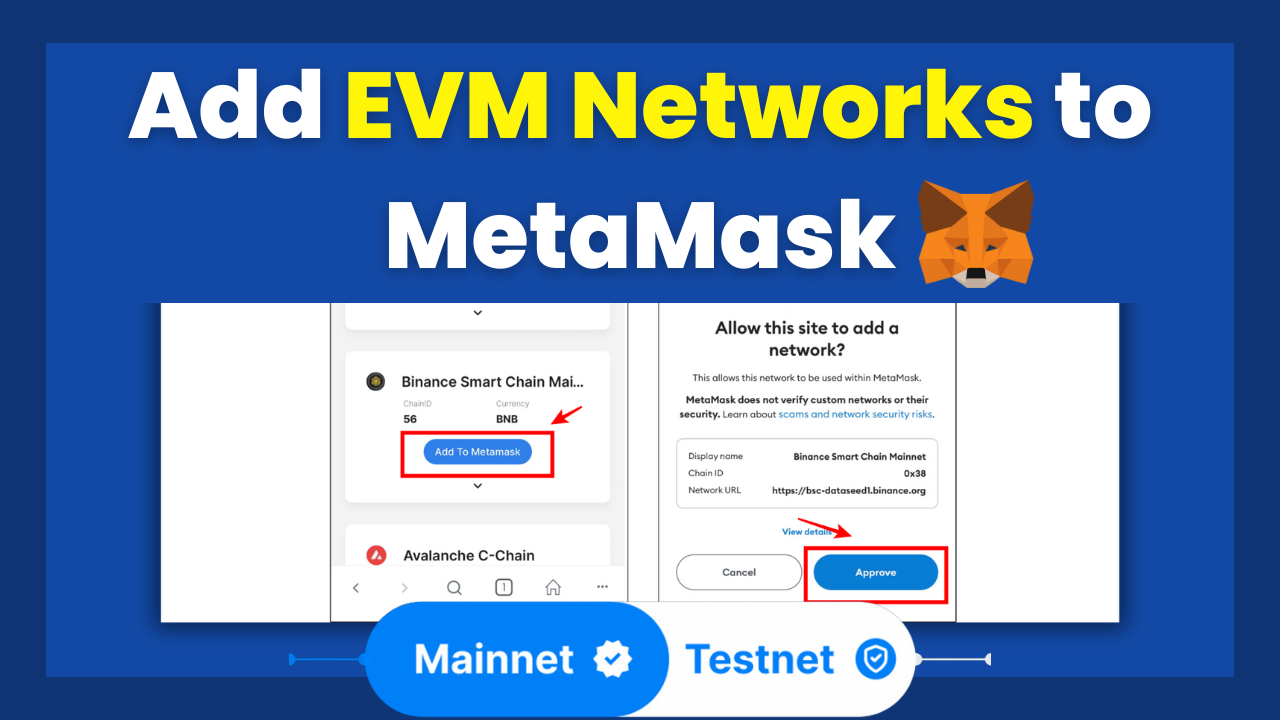Effective SEO Tips for Startups
If you’re a startup and want to get more customers by improving your website, it’s very important to have a good SEO (Search Engine Optimization) strategy. Nowadays, competition is getting tougher every day, and understanding SEO can seem hard. But don’t worry!
I have some of the best SEO tips for startups that will help you become more visible online and reach the people you want to attract.
Key Takeaways:
- Effective SEO requires an understanding of keywords, search engines, and user behavior to drive organic traffic and boost online presence.
- For startups, SEO is crucial for competing with established businesses, generating leads, and establishing brand awareness.
- Conduct keyword research, optimize website and content, and build backlinks using relevant and high-quality content, social media, and collaborations to improve SEO results.
What is SEO?
SEO, or search engine optimization, is a digital marketing strategy aimed at increasing a website’s visibility on search engines and driving organic traffic. This involves optimizing website content, user-generated content, and inbound links to align with search engine algorithms for better indexing and crawlability. A successful SEO strategy can greatly enhance website traffic and is a crucial aspect of inbound marketing.
Why is SEO important for startups?
SEO is really important for startups because it helps them get noticed online. When you have a new business, you want people to find your website easily, and that’s what SEO does. It makes your website show up in search results on Google and other search engines.
Here’s why SEO is great for startups:
- Gets You Seen: SEO helps your website appear when people search for things related to what you offer. This way, more people can find and visit your site.
- Levels the Playing Field: Even if your business is small, SEO can help you compete with bigger companies. By showing up in search results, you get a fair chance to attract customers.
- More Visitors Without Paying for Ads: SEO brings ‘organic’ traffic to your website. This means people visit your site without you having to pay for ads.
- Helps Build Your Brand: When your website shows up higher in search results, more people get to know about your brand. This helps build your reputation.
- Understand Your Customers Better: SEO tools can show you what your potential customers are looking for. This helps you make better products and marketing plans.
- Saves Money: For startups, money can be tight. SEO is a cost-effective way to market your business compared to paying a lot for ads.
- Good for Long-Term Success: Once your SEO strategy is in place, it can keep helping your business grow over time.
In short, for startups that want to do well online, SEO is a must. It helps you get found, understand your customers, save money, and compete with bigger companies.
How to Conduct Keyword Research for SEO?
Keyword research is an essential aspect of SEO that can often make or break a startup’s online presence. By choosing the right keywords, a business can effectively raise brand awareness, acquire leads, and boost their online visibility.
Here’s a simpler breakdown of how to do it:
1. Understand Your Target Audience
- Research consumer behavior data to understand preferences and habits.
- Use user-driven content to tailor your message and offerings.
- Explore video marketing to engage and connect with your target audience.
- Segment your audience by needs, preferences, or behavior for personalized marketing.
- Utilize social media data to track consumer trends and content engagement.
- Study competitors’ audience strategies for potential adaptable insights.
2. Use Keyword Research Tools
- Use Keyword Search Tools: Use tools like Google Search Console, Google Analytics, and Google’s Natural Language API. These help you find out which words people search for and how often they do it.
- Apply the Salient NLP Score: This is about using a special score called the Salient NLP Score. It helps you understand how important your keywords are. You want to make sure these words match what people are looking for and that they fit well with your content.
- Analyze Data with Special Tools: Use online tools that process language to learn more from your keyword data. This helps you make better choices about how to improve your content so that it works well in search engines.
3. Analyze Competitor Keywords
- Find Out What Competitors Use: Start by using tools like SEMrush or Ahrefs. These help you see which keywords are making your competitors successful. This is a good way to know what you’re up against and where you can get better.
- Check How Good These Keywords Are: Now, look at the keywords you found. See how many people search for them, how tough the competition is, and how hard it is to rank for them. This helps you pick the best keywords that you can actually use and that will help your website.
- Use What You Learn: Take the best keywords you found and put them in your website’s content. Make sure they fit well and make sense in your content. Keep an eye on how these changes help your website’s SEO or how easily people can find your website on search engines.
Here’s an example: There was a startup that wasn’t doing well in SEO. They decided to look at what keywords their competitors were using and used some of those keywords on their own website. This change led to a 40% increase in people visiting their site through search engines. By using the right keywords, like those your competitors use successfully, you can really increase the traffic to your website.
How to Optimize Your Website for SEO?
Optimizing your website for SEO is also essential to enhance your online presence, particularly for startups aiming for success. SEO involves various strategies like SEO Competitive Analysis to improve your website’s ranking in search engine results, thereby increasing visibility and attracting more potential customers.
Here are some effective ways to optimize your website for SEO:
1. Optimize Website Structure and Navigation
To optimize your website structure and navigation for improved online visibility, follow these steps:
- Organize content logically, ensuring clear pathways for visitors.
- Create a user-friendly navigation menu with intuitive labels.
- Optimize internal linking for smooth movement between pages.
In the early days of the internet, website structure and navigation were crucial for effective user experience, leading to increased online visibility and engagement.
2. Use Relevant and High-Quality Content
- Research: Understand the needs and preferences of the audience to create relevant and high-quality content.
- Creation: Develop content that aligns with the intent of the user, providing value and enhancing the overall user experience.
- Optimization: Incorporate targeted keywords naturally within the content while maintaining a focus on quality and relevance.
3. Utilize On-Page SEO Techniques
- Optimize meta descriptions, titles, and URLs for SERP visibility.
- Enhance user experience with relevant, high-quality content.
- Ensure on-page factors such as keyword placement and internal linking are optimized for maximum impact.
When implementing on-page SEO techniques, it is important to align them with a search engine optimization strategy that prioritizes user intent.
How to Build Backlinks for SEO?
Building backlinks is crucial for improving your website’s search engine ranking and driving organic traffic.
1. Create High-Quality Content
- Understand your target audience to tailor content to their needs and preferences.
- Research trending topics and relevant keywords using tools like SEMrush, Ahrefs, or Google Keyword Planner.
- Analyze competitor content and keywords to identify gaps and opportunities for unique, high-quality content creation.
However, high-quality content alone is not enough to drive strong search engine rankings – you also need to build high-authority backlinks pointing to that content. A monthly link building service can help create keyword-focused links to boost your rankings for strategic search terms.
2. Utilize Social Media Platforms
- Choose the right platforms: Select social media platforms where your target audience is active to maximize brand exposure and engagement.
- Create engaging content: Share valuable and interactive content to boost brand awareness and encourage audience interaction.
- Utilize paid advertising: Use paid social media campaigns to reach a wider audience and earn leads for your startup.
3. Collaborate with Influencers & Other Websites
- Identify influencers and websites relevant to your industry and target audience.
- Reach out to them with personalized collaboration proposals, focusing on mutual benefit.
- Engage in meaningful interactions and provide valuable content to foster strong relationships.
Pro-tip: When collaborating with influencers and websites, make sure to prioritize organic and relevant backlinks to maximize the impact of off-page SEO.
What are the Common SEO Mistakes to Avoid?
When striving for effective SEO, startups must avoid common mistakes such as keyword stuffing, neglecting mobile optimization, and ignoring local SEO.
1. Keyword Stuffing
Keyword stuffing is the practice of overloading a webpage with excessive keywords or numbers in an attempt to manipulate the site’s ranking in search results. It is crucial to avoid keyword stuffing, as it can result in penalties from search engines, leading to lower rankings and reduced visibility.
Fact: In 2011, Google’s Panda update specifically targeted sites with keyword stuffing, resulting in significant decreases in traffic for many websites.
2. Neglecting Mobile Optimization:
Another mistake is not making your website work well on mobile phones. Nowadays, many people use their phones to go online. If your website doesn’t look good or work well on a phone, it might not rank as high in search results. A good mobile website should be easy to use on a small screen and load quickly.
3. Ignoring Local SEO:
Startups forget to focus on people in their area. It means making your website more visible to people who live near your business. You can do this by using words that people in your area might search for and making sure your business’s name, address, and phone number are the same everywhere on the internet.
Conclusion:
In conclusion, effective SEO is vital for startups to compete online. By optimizing websites through relevant keywords, high-quality content, good site structure, and backlinks, startups can leverage SEO to reach more customers. The key is keeping the focus on providing value to users through engaging content and experiences.
If you found this guide helpful, share it with other startups and entrepreneurs. Getting the word out can help more new businesses understand and implement effective SEO strategies to aid their growth and success online.
Frequently Asked Questions:
What role does website speed play in SEO for startups?
Website speed is crucial for SEO as it affects user experience and site ranking. Google considers page speed as a ranking factor. Faster loading times can reduce bounce rates and improve
How can startups optimize their local SEO?
Website speed is crucial for SEO as it affects user experience and site ranking. Google considers page speed as a ranking factor. Faster loading times can reduce bounce rates and improve engagement, positively impacting SEO.
How should startups approach voice search optimization?
For voice search optimization, startups should focus on natural language, question-based content, and long-tail keywords. They should also ensure their site is mobile-friendly and loads quickly, as most voice searches are done on mobile devices.








